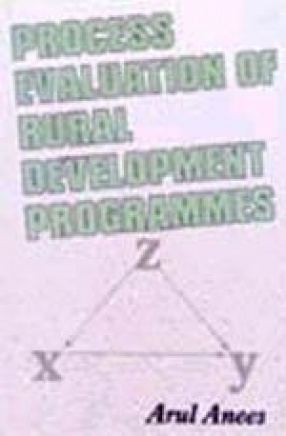The evaluation studies of rural Development Programmes rely heavily on the opinions of the beneficiaries and value judgements of the researchers, and this coupled with the simple analytical techniques employed, failed to answer the vital evaluation questions. The absence of a theoretical explanation of the "Programme process", and the failure to link the process to the outcome, further limits their utility, especially for policy makers and programme implementers. There is a need to adopt a more comprehensive and realistic approach, and also, to employ more advanced and sophisticated analytical techniques, which would be able to accommodate all the necessary evaluation information, and thereby, would be able to provide convincing solutions to the problems encountered in executing rural development programmes like IRDP or the restructured Swarnajayanti Gram Swarozgar Yojana (SGSY). The main focus and the foremost concern of the proposed evaluation is on capturing the Dynamic Process of a Beneficiary Oriented Rural Development Programme in its entirety and analyse it in such a way that the individual, as well as interactional effects of the components of the "Programme Process" on the "scheme outcome" could be quantified. Such an attempt, it is envisaged, would facilitate planning better projects or schemes and their effective execution. This necessitated the development of a "Theory of Process", to test its utility in the actual field situation, by the use of a sophisticated multivariate causal analytical technique.
Process Evaluation of Rural Development Programmes
In stock
Free & Quick Delivery Worldwide
reviews
Bibliographic information
Title
Process Evaluation of Rural Development Programmes
Author
Edition
1st ed.
Publisher
ISBN
8172730322
Length
205p., Table.
Subjects





There are no reviews yet.